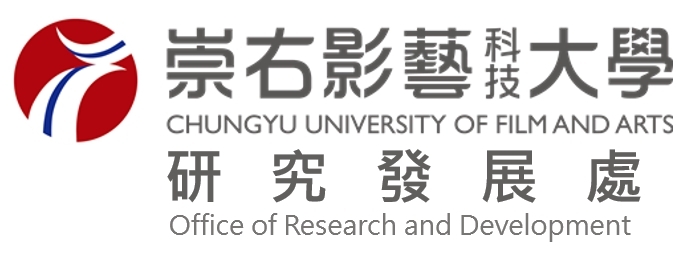
The Allocation of Responsibilities in the Office of Research and Development
Division of Career Development (Extension 205)
Primary Responsibilities and Services
1. Career Planning and Consultation:
Provide advice and guidance on career planning to help students understand their interests, skills, and career goals.
Organize career planning workshops and seminars to introduce career paths and requirements across various industries.
2. Internship Opportunities Recommendation:
Establish and maintain partnerships with companies to develop and recommend internship opportunities for students.
Provide information related to internships, such as internship fairs and internship information platforms.
3. Resume and Cover Letter Assistance:
Assist students in writing and refining resumes and cover letters, offering templates and writing tips.
Organize workshops on resume revision and cover letter writing.
4. Interview Preparation:
Provide interview skills training, including mock interviews and interview question strategies.
Organize lectures and workshops on interview techniques to help students improve their performance.
5. Job Market Information:
Provide the latest information and trends in the job market to help students understand industry demands and workplace dynamics.
Introduce various professional certifications and skill training opportunities to enhance students' employability.
6. Integration of On-Campus and Off-Campus Resources:
Coordinate and integrate on-campus and off-campus employment resources to provide comprehensive support and services to students.
Collaborate with alumni and industry experts to offer students practical industry experience and guidance.
7. Internship and Employment Problem-Solving:
Address issues students encounter during internships and job searches, providing practical advice and solutions.
Help students overcome difficulties during internships by offering support and resources.
——————————————————————————————————
University Planning & Development Section (Extension 208)
Primary Responsibilities and Services
1. Strategic Planning:
Develop and promote the university's long-term development strategies and goals.
Analyze internal and external environments to provide development suggestions and plans.
2. Resource Integration:
Coordinate and integrate on-campus and off-campus resources to support university development projects and plans.
Manage and allocate on-campus resources, such as finances, equipment, and human resources.
3. Project Management:
Plan and execute various development projects, such as infrastructure construction and educational reforms.
Monitor project progress to ensure the achievement of established goals and budgets.
4. Policy Formulation:
Develop and improve internal university policies and regulations.
Ensure policies comply with educational regulations and meet the university's development needs.
5. External Relations:
Establish and maintain partnerships with government agencies, social organizations, companies, and others.
Enhance the university's social influence and public image.
6. Quality Assessment:
Regularly evaluate the university's operations and development status, providing improvement suggestions.
Collect and analyze data to help improve the university's management and service quality.
7. Internal Communication:
Strengthen communication and cooperation among departments within the university to enhance overall operational efficiency.
Organize internal meetings and events to foster a sense of participation and cohesion among faculty, students, and staff.
——————————————————————————————————
Industry-University Cooperation Section (Extension 205)
Primary Responsibilities and Services
1. Establishing Partnerships:
Establish and maintain partnerships with external organizations such as companies, industry associations, and research institutions.
Identify and develop potential partners to expand the cooperation network.
2. Coordinating Cooperation Projects:
Design and promote industry-university cooperation projects, including internships, research collaborations, and technology transfers.
Coordinate the needs and resources between the university and partnering companies to ensure smooth project execution.
3. Internship and Employment Opportunities:
Promote companies to offer internships, apprenticeships, and job opportunities to students, helping them gain practical work experience.
Organize company recruitment fairs and internship presentations to increase students' career opportunities.
4. Cooperative Research and Technology Transfer:
Facilitate collaborative research between the university and companies, promoting the commercialization of research outcomes and technology transfers.
Support and assist companies in meeting their needs for technological innovation and product development.
5. Courses and Training:
Collaborate with companies to design and develop practical courses and training programs that enhance students' professional skills and market competitiveness.
Organize lectures, workshops, and training activities led by industry experts on campus.
6. Two-way Exchange and Cooperation:
Promote two-way exchange between the university and companies, supporting academic exchange activities within companies.
Organize exchange activities both on and off-campus, such as industry forums and seminars, to enhance interaction between academia and industry.
7. Project Management and Evaluation:
Monitor and evaluate the outcomes and impacts of industry-university cooperation projects to ensure expected benefits.
Collect and analyze project data, providing improvement suggestions and strategies.
8. Resource Integration and Support:
Assist in integrating resources between companies and the university to support the implementation of cooperation projects.
Provide administrative support and assistance, addressing challenges and issues that arise during the cooperation process.
——————————————————————————————————







